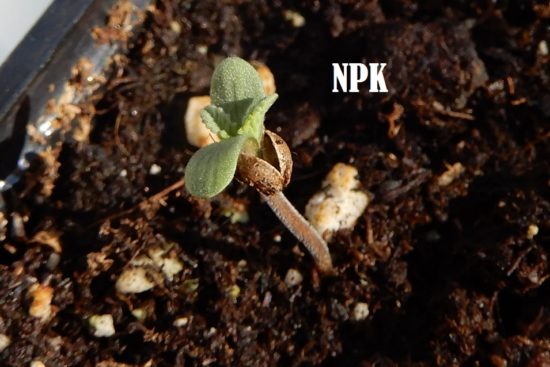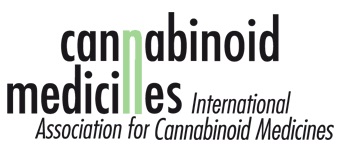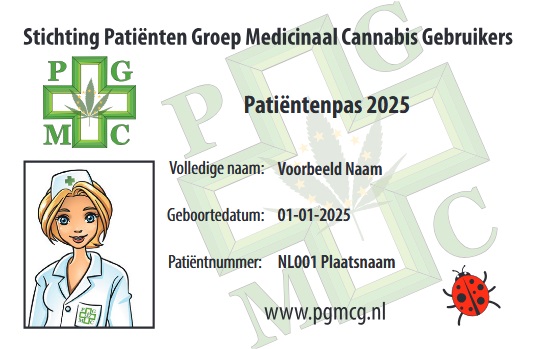Supplementen in de grond verbeteren de groei van cannabisplanten en beïnvloeden het cannabinoïde gehalte
Onderzoekers toonden aan dat “supplementen het cannabinoïde-gehalte in cannabis beïnvloeden op een organisch- en ruimte-afhankelijke manier.
Het belangrijkste is dat de resultaten het potentieel van omgevingsfactoren bevestigen om concentraties van individuele cannabinoïden in medicinale cannabis te reguleren. ”
De impact van N, P, K en Humic zuur supplementen op het chemisch profiel van Medicinale Cannabis (Cannabis sativa L).
Minerale voeding is een belangrijke factor met betrekking tot de plantengroei en functie. Een groeiende hoeveelheid bewijs ondersteunt de betrokkenheid van macro- en micronutriënten in secundair metabolisme.
Het gebruik van de juiste voeding maatregelen met inbegrip van organische meststoffen, supplementen en bio-stimulanten is daarom een essentieel aspect van medicinale plant productie met inbegrip van medicinale cannabis.
Als gevolg van de wettelijke beperking met betrekking tot Cannabisonderzoek is zeer weinig informatie beschikbaar over de effecten van voedingssupplementen op fysiologische en chemische eigenschappen van medicinale cannabis, en hun mogelijke rol in standaardisatie van de actieve bestanddelen in het plantmateriaal geleverd aan patiënten.
Deze studie evalueerde dus het potentieel van de voeding supplementen, met inbegrip van humuszuren (HAs) en anorganische N, P, en K beïnvloeden het cannabinoïde-profiel in de plant.
De planten werden blootgesteld aan drie verbeterde voeding behandelingen, in vergelijking met een commerciële controle behandeling. De voeding behandelingen werden aangevuld met HA, verbeterde P bemesting of NPK verbeterd.
De resultaten tonen aan gevoeligheid van cannabinoïden metabolisme minerale voeding. De voedingssupplementen produceerde verschillende cannabinoïde gehalte in de planten. Deze effecten waren locatie en organisch specifiek, en varieerde tussen de cannabinoïden.
Terwijl de behandeling van de toebehoren P geen THC, CBD en CBN CBG concentraties in de bloemen vanaf de bovenkant van de planten beïnvloedde, werd een vermindering van de 16% van de THC-concentratie waargenomen in de bladeren van de bloeiwijze.
Verbeterde NPK en HA behandelingen ook organisch-specifieke en locatie specifieke reacties in de fabriek geproduceerd. NPK suppletie verhoogd CBG niveaus in bloemen met 71%, en verlaagde CBN niveaus in zowel de bloemen en de bloeiwijze bladeren door respectievelijk 38 en 36%.
HA werd gevonden om de natuurlijke ruimtelijke variabiliteit van alle cannabinoïden te bestuderen.
Echter, de toegenomen eenvormigheid kwam ten koste van de hogere niveaus van cannabinoïden bij de bovenkant van de planten, THC en CBD werden verminderd met respectievelijk 37 en 39%.
Veranderingen in de minerale samenstelling werden waargenomen in specifieke gebieden van de planten. De resultaten tonen aan dat voedingssupplementen cannabinoïde in cannabis op een organisch – en ruimtelijke-afhankelijke manier de inhoud beïnvloeden.
Vooral bevestigen de resultaten het potentieel van milieufactoren voor het regelen van de concentraties van de afzonderlijke cannabinoïden in medische cannabis.
De geïdentificeerde effecten van voedingsprofielen suppletie kunnen verder worden ontwikkeld voor de chemische controle en standaardisatie in cannabis
Bernstein N, et al. Front Plant Sci. 2019;10:736.
English
Impact of N, P, K, and Humic Acid Supplementation on the Chemical Profile of Medical Cannabis (Cannabis sativa L).
Mineral nutrition is a major factor affecting plant growth and function. Increasing evidence supports the involvement of macro and micronutrients in secondary metabolism. The use of the appropriate nutritional measures including organic fertilizers, supplements, and biostimulants is therefore a vital aspect of medicinal plant production including medical cannabis. Due to legal restriction on cannabis research, very little information is available concerning the effects of nutritional supplements on physiological and chemical properties of medical cannabis, and their potential role in standardization of the active compounds in the plant material supplied to patients. This study therefore evaluated the potential of nutritional supplementations, including humic acids (HAs) and inorganic N, P, and K to affect the cannabinoid profile throughout the plant. The plants were exposed to three enhanced nutrition treatments, compared to a commercial control treatment. The nutrition treatments were supplemented with HA, enhanced P fertilization, or enhanced NPK. The results demonstrate sensitivity of cannabinoids metabolism to mineral nutrition. The nutritional supplements affected cannabinoid content in the plants differently. These effects were location and organ specific, and varied between cannabinoids. While the P enhancement treatment did not affect THC, CBD, CBN, and CBG concentrations in the flowers from the top of the plants, a 16% reduction of THC concentration was observed in the inflorescence leaves. Enhanced NPK and HA treatments also produced organ-specific and spatially specific responses in the plant. NPK supplementation increased CBG levels in flowers by 71%, and lowered CBN levels in both flowers and inflorescence leaves by 38 and 36%, respectively. HA was found to reduce the natural spatial variability of all of the cannabinoids studied. However, the increased uniformity came at the expense of the higher levels of cannabinoids at the top of the plants, THC and CBD were reduced by 37 and 39%, respectively. Changes in mineral composition were observed in specific areas of the plants. The results demonstrate that nutritional supplements influence cannabinoid content in cannabis in an organ- and spatial-dependent manner. Most importantly, the results confirm the potential of environmental factors to regulate concentrations of individual cannabinoids in medical cannabis. The identified effects of nutrient supplementation can be further developed for chemical control and standardization in cannabis.
Marian Hutten, voorzitter en oprichtster PGMCG
Genomineerd als Patiënt Ambassadeur van de IACM 2018-2019
Nederlands Patiënt afgevaardigde en vertaler van de IACM
De International Association for Cannabinoid Medicines
CannabisMedOrg
Bonn, Germany




